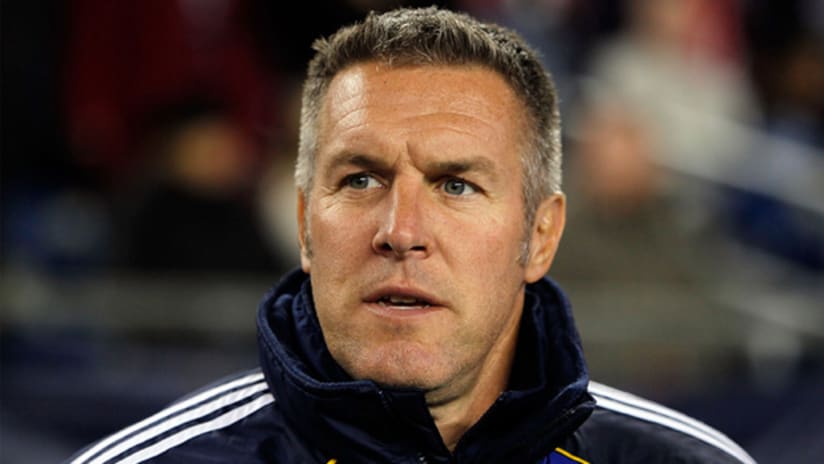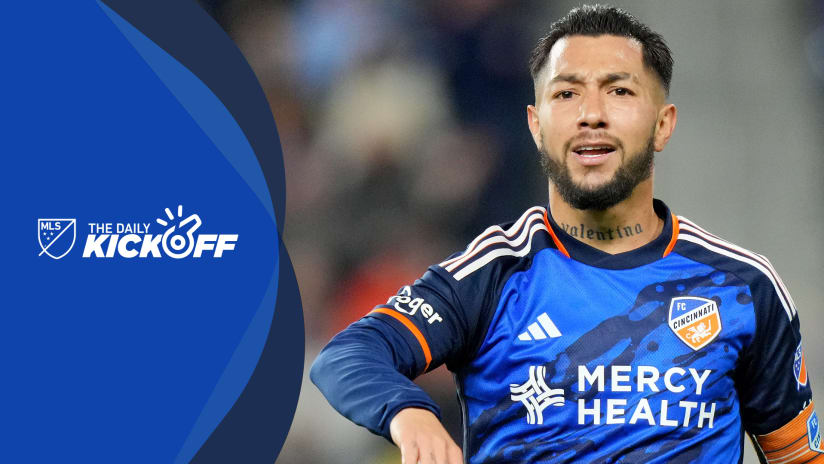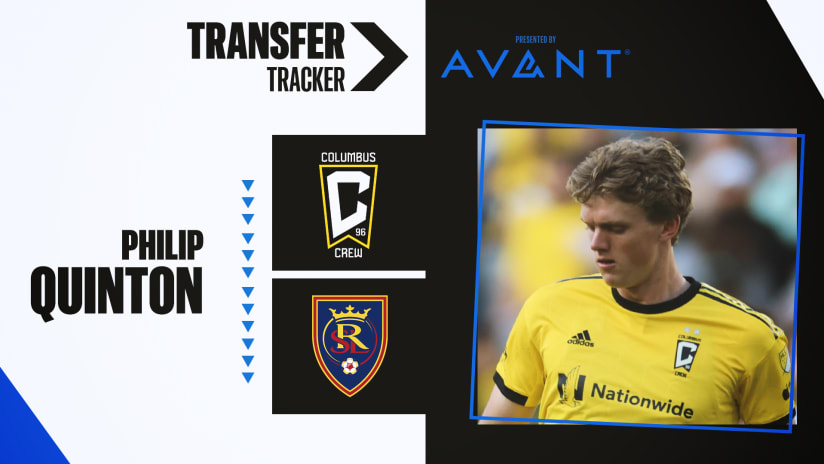KANSAS CITY, Mo. – Minutes after training concludes for the day, Peter Vermes is already camped out in his office pounding out a few e-mails.
His team’s season officially ended four days before against San Jose, but Vermes and his staff have been knee-deep in preparations for 2011 since long before the season finale on Oct. 23.
Correspondence and tape from agents dot the manager’s desk, a flat-screen television with channel after channel of soccer is mounted in the corner next to a few large white boards and an enormous, magnetic calendar covers an entire wall, mapping out the offseason’s comings and goings.
For the next four months, this office and the surrounding conference rooms will serve as the hub for Vermes and his staff’s efforts to turn the new Sporting KC franchise into a playoff team, a consistent winner and, hopefully, a championship contender after an up-and-down 2010 returned mixed results and a second straight season without a playoff berth.
Vermes has a vision. Now, the challenge is to continue shaping that vision into a working reality as the team moves begins a new era as Sporting KC, moves into a sparkling new stadium and welcomes its own splashy Designated Player, Mexican striker Omar Bravo, into the fold next season.
[inlinenode:323458]“Everything that I’ve done in my life through soccer has sort of been a process with me,” Vermes said. “It’s always been building something. It’s never that you just walk out there and it’s great. That’s never been me. I have a vision, I have a plan, and then I have an execution of that. That’s the way I see things, and I like to see them out.”
A Ton of Faith
And, like everything else, Vermes’ first full season was a work in progress, too.
His team fell short of its goals in 2010, finishing 11-13-6 and seven points out of the final playoff spot. But Vermes will certainly get the chance to continue building upon the groundwork he began laying during his first full season the job.
For club president Robb Heineman, who hired Vermes to be the team’s technical director after OnGoal purchased the team in 2006, there is little doubt his manager is the right man to undertake the challenge of turning around the team’s fortunes on the field.
Both president and manager see eye to eye on the club’s desire to build a vertically integrated structure, developing talent already indoctrinated in the club’s system to serve as a pipeline to the first team.
“I’ve got a ton of faith in Peter,” Heineman said, “and I think he understands philosophically where we want to be from an organizational standpoint long term. We feel very comfortable with that piece of the organization and feel there is a good foundation there for us.”
In the last year, the first bricks of that foundation have been carefully laid, outlining what appears to be a promising future for a team that looked dead in the water in June but roared back in the second half to make a rousing, though unsuccessful, run at the playoffs.
The cornerstone of that is the high-pressure system and 4-3-3 formation that Vermes and his staff – Kerry Zavagnin, Octavio Zambrano, Zoran Savic and John Pascarella – installed during the preseason.
The team aspires to be a physical, dynamic side that wins possession in dangerous areas with high pressure and plays attractive, attacking soccer once on the ball. And, at times, they lived up to those ambitions this season, but too often soft goals and an inability to finish put results out of reach.
[inlinenode:323459]Vermes’ side led Major League Soccer in shots and shots on goal, but scored just 36 times. Sixteen of those goals came in four games, which left it 10th in the league and reliant on goalkeeper Jimmy Nielsen and the back four help keep the ship afloat.
Still, three of those four offensive outbursts came during the side’s feverish second half, and Vermes and his staff managed to help a collection of young talent mature enough to provide the club capable starters at a handful of positions.
“Overall, our evaluations of Peter this year are very positive,” Heineman said. “That’s not to say I don’t think he made some mistakes, and I think he would be the first to admit that. We had a stretch there of about 13 games where we weren’t scoring goals, and we weren’t having much success. In hindsight, there were probably some things that Peter would have done a little bit differently.”
Vermes agrees. This season has been a year of lessons, some bigger than others and all crucial to his ongoing development as a manager. And there may not have been any more important than the validation of Vermes’ decision to stick to his guns and wait for his players to become comfortable and develop chemistry in the staff’s chosen formation and system.
“I believed in the system,” Vermes said. “I believed in it because it fit the style of players that we had and the weapons that we had. I knew that it was going to take some time. My predication of that time was a little bit skewed because I thought it was going to be around the eighth or ninth game where were really going to start hitting. It took longer. That’s my responsibility.”
The March to the Postseason
But once it started hitting, it didn’t stop. Despite going without a result for more than two months, a deficit that ended up being simply too much to overcome down the stretch, the team found its stride and some much-needed confidence following the World Cup.
They went to Columbus on July 14 and collected a crucial 1-0 road victory before taking down Manchester United with a historic 2-1 win two weeks later. They followed that up by ripping off five victories and two draws in their next eight games before fading down the stretch and finishing third in the Eastern Conference but well outside the playoff field.
[inline_node:323460]All in all, the team may have only improved on 2009 by six points, but, more importantly, the club can move forward with the knowledge that a system and foundation are in place to make the future brighter.
“Where we’ve come from that point and the direction the team is headed is all positive,” said captain Davy Arnaud, who finished the season with six goals and three assists. “For the last half of the year, we’ve been one of the better teams in the league I would say. It’s just unfortunate that we dug ourselves the hole that we did during the first half of the year.”
The hope is that next year the march to a playoff berth won’t be quite so steep.
Barring a surprising turn, Bravo will arrive in Kansas City to give the club the playmaker, natural finisher and set-piece threat it has been missing. Vermes and his staff will also take the next step overhauling the roster, likely adding another player from the academy and bringing in depth to shore up the spine of the team.
And that’s not even taking into account the effect a full season in Vermes’ high-pressure system will have on the current players who return next season.
“We don’t have to make as many changes going into next year,” Vermes said. “But we do have to have a balance of bringing in players that can help us without diminishing the development of other players. That is going to be a very fine balance.”
And it’s a balance that will undoubtedly shift during the coming weeks as the expansion draft threatens to siphon players away from the current roster and Vermes and his assistants begin shaping the team that will see the field in 2011.
But this is Vermes’ vision. Now, it’s up to him to execute.
“The fun part is the building of it,” Vermes said. “The challenge of putting something together and seeing it grow over time while also having confidence in what you believe in and seeing those things through.”














